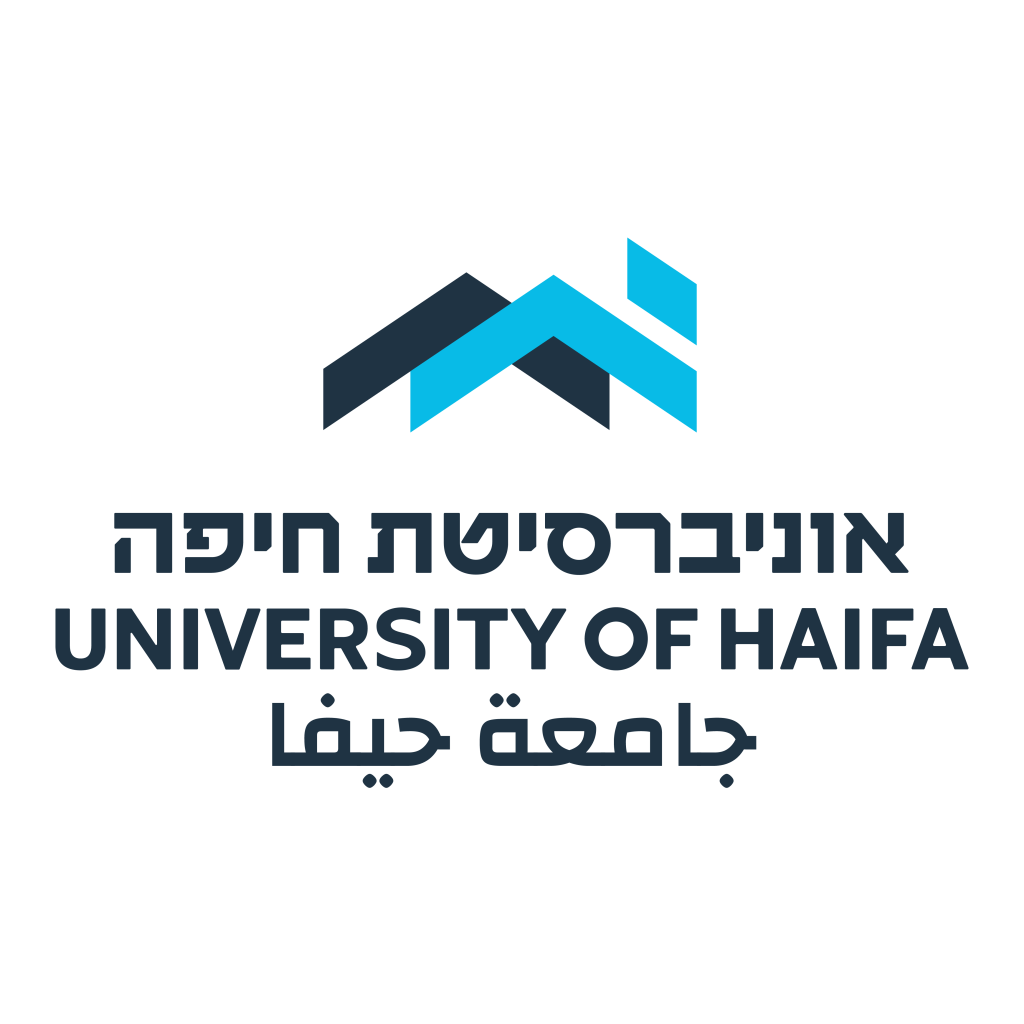

The 4th Young Researchers Workshop
Human Enhancement and Advanced Technologies in Terrorism and Belligerencies
Participants
(in alphabetical order)
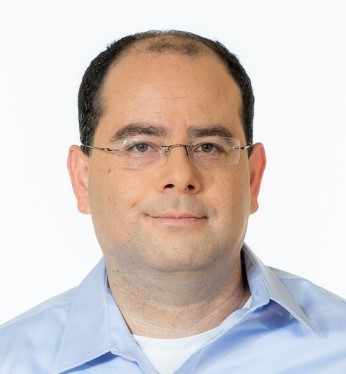 Ziv Bohrer is a Senior Lecturer at Bar-Ilan University Faculty of Law. His main research field is Public International Law, with an emphasis on researching both current and historical issues relating to International Humanitarian Law (Law of War) and to International Criminal Law. In recent years, he has been researching (among other things) the forgotten, centuries-long, pre-WW2 history of International Criminal Law. Dr. Bohrer holds bachelor degrees in law and in psychology from Haifa University (2002), and a LL.M. (cum laude; 2007), as well as a Ph.D. in law (2011) from Tel-Aviv University. His doctoral dissertation addressed the Superior Order Defense in International Criminal Law, as well as in Domestic-Comparative Criminal Law, examining the issue both from a legal-doctrinal perspective and from several different (multi-disciplinary) theoretical perspectives.
Ziv Bohrer is a Senior Lecturer at Bar-Ilan University Faculty of Law. His main research field is Public International Law, with an emphasis on researching both current and historical issues relating to International Humanitarian Law (Law of War) and to International Criminal Law. In recent years, he has been researching (among other things) the forgotten, centuries-long, pre-WW2 history of International Criminal Law. Dr. Bohrer holds bachelor degrees in law and in psychology from Haifa University (2002), and a LL.M. (cum laude; 2007), as well as a Ph.D. in law (2011) from Tel-Aviv University. His doctoral dissertation addressed the Superior Order Defense in International Criminal Law, as well as in Domestic-Comparative Criminal Law, examining the issue both from a legal-doctrinal perspective and from several different (multi-disciplinary) theoretical perspectives.
Ziv was a Visiting Scholar at the Max Planck Institute for Comparative Public Law and International Law, Heidelberg, Germany (2019-2020); at Cambridge University Law Faculty, UK (2017), and at Michigan University Law School, USA (2011-2012). He also was a Research Fellow at the Hebrew University – Sacher Institute for Legislative Research and Comparative Law (2012-2013), and a Visiting Lecturer at University of Georgia (UGA) Law School (2015).
Dr. Bohrer has published in various academic journals, including: Law & History Review, and Michigan Journal of International Law.
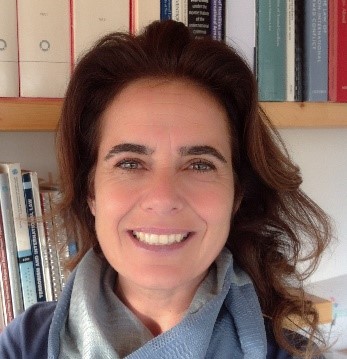 Emanuela-Chiara Gillard is a Senior Research Fellow at the Oxford Institute for Ethics, Law and Armed Conflict, and an Associate Fellow in Chatham House’s International Law Programme.
Emanuela-Chiara Gillard is a Senior Research Fellow at the Oxford Institute for Ethics, Law and Armed Conflict, and an Associate Fellow in Chatham House’s International Law Programme.
From 2007 to 2012 she was Chief of the Protection of Civilians Section in the Policy Development and Studies Branch of the United Nations Office for Coordination of Humanitarian Affairs. The Section works with the United Nations and other key partners to promote and enhance the protection of civilians in armed conflict.
Her research interests include international humanitarian law, with a particular focus on the protection of civilians and mechanisms for promoting compliance; the role of the Security Council in enhancing the protection of civilians; and principled humanitarian action.
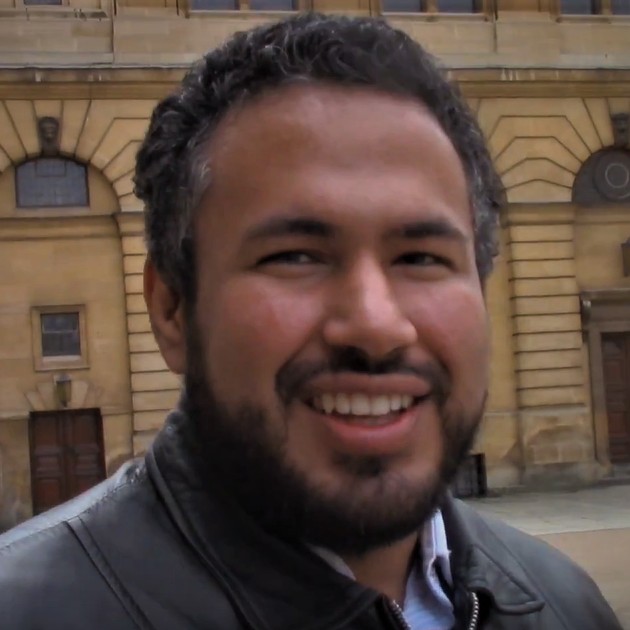 Joao Fabiano is a Democracy Visiting Fellow at Harvard University’s Ash Center for Democratic Governance and Innovation and a FAPESP Postdoctoral Fellow at the University of Sao Paulo. His research is on virtue theory, moral psychology, moral status, cooperation, and their implications for the ethics of new technologies. At the Ash Center, he focuses on democratic erosion, new technologies, and the COVID-19 pandemic.
Joao Fabiano is a Democracy Visiting Fellow at Harvard University’s Ash Center for Democratic Governance and Innovation and a FAPESP Postdoctoral Fellow at the University of Sao Paulo. His research is on virtue theory, moral psychology, moral status, cooperation, and their implications for the ethics of new technologies. At the Ash Center, he focuses on democratic erosion, new technologies, and the COVID-19 pandemic.
Last academic year, Joao was a Visiting Fellow at Harvard’s Safra Center for Ethics. He completed a doctorate in philosophy in applied ethics at the University of Oxford under the main supervision of Julian Savulescu in 2018. Immediately after, he was a researcher for the Future of Humanity Institute at Oxford. Before his doctorate, he earned a bachelor and master’s degree in philosophy, founded and directed an NGO, and was a researcher at the Machine Intelligence Research Institute. Joao published his research on human enhancement in journals such as the Journal of Medical Ethics and AJOB Neuroscience. He taught a wide range of students on subjects from early modern philosophy to applied ethics to philosophy of science. More details about his research projects are available at jfabiano.com.
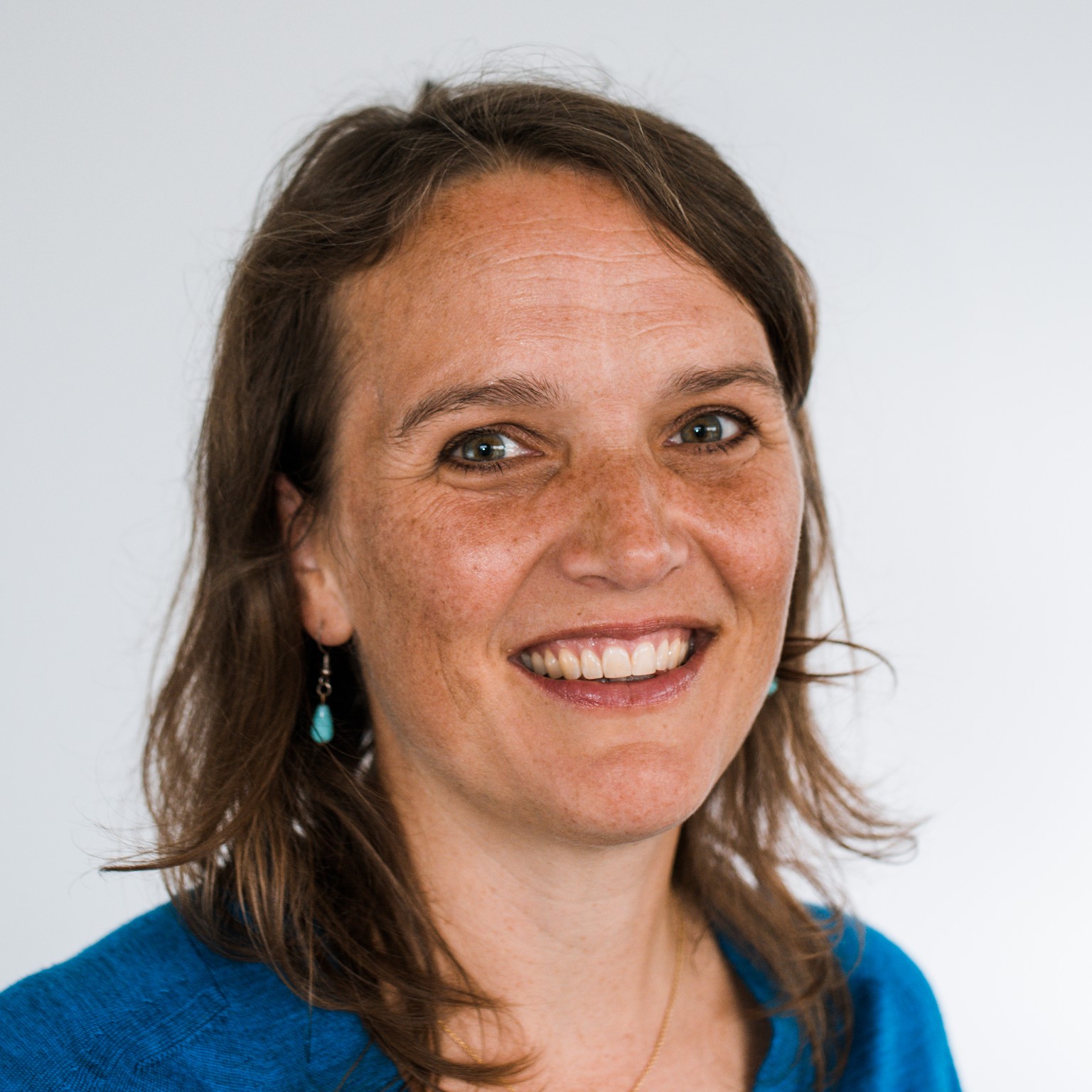 Katharine Fortin is a Senior Lecturer at the Netherlands Institute of Human Rights at Utrecht University in The Netherlands. Her areas of expertise include the law that applies in times of armed conflict, IHRL, IHL, armed groups and legal identity. She is the author of a number of articles on these topics and her monograph The Accountability of Armed Groups Under Human Rights Law (2017) won the 2018 Lieber Prize. She is currently carrying out a Veni grant entitled Dangerous Liaisons: civilian agency, armed groups and international law, in which she is examining the different ways in which civilian communities interact with armed actors.
Katharine Fortin is a Senior Lecturer at the Netherlands Institute of Human Rights at Utrecht University in The Netherlands. Her areas of expertise include the law that applies in times of armed conflict, IHRL, IHL, armed groups and legal identity. She is the author of a number of articles on these topics and her monograph The Accountability of Armed Groups Under Human Rights Law (2017) won the 2018 Lieber Prize. She is currently carrying out a Veni grant entitled Dangerous Liaisons: civilian agency, armed groups and international law, in which she is examining the different ways in which civilian communities interact with armed actors.
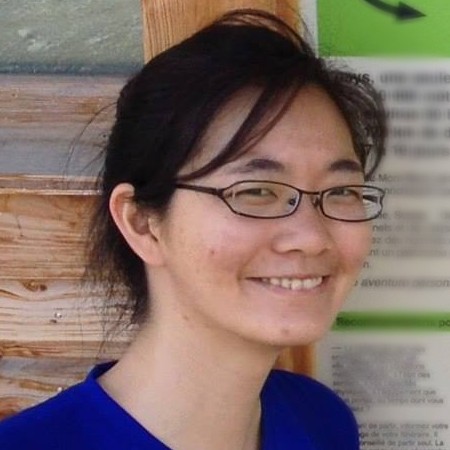 Pei-hua Huang is a postdoctoral research fellow at the Erasmus Medical Centre, the Netherlands. Her research in where bioethics and political philosophy intersect. She’s especially interested in ethical and philosophical issues raised by human enhancement technology and digital health technology.
Pei-hua Huang is a postdoctoral research fellow at the Erasmus Medical Centre, the Netherlands. Her research in where bioethics and political philosophy intersect. She’s especially interested in ethical and philosophical issues raised by human enhancement technology and digital health technology.
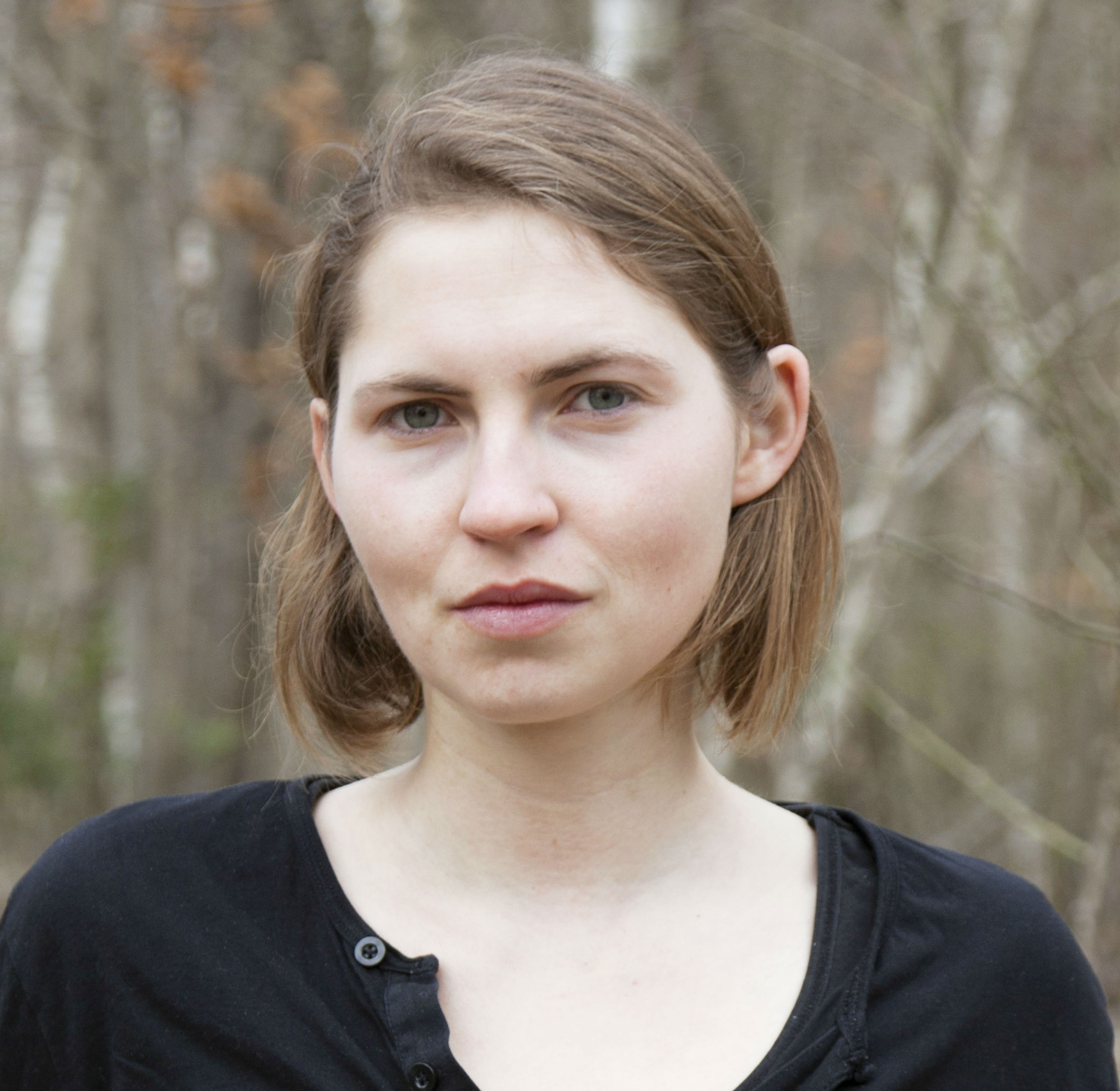 Hannah Kiel recently earned her doctoral degree from Freie Universität Berlin with a dissertation on ‘Arms Transfers to Non-State Actors – A Study of Formal and Informal Norm-Changing Processes’. She is currently doing her legal clerkship at the Higher Regional Court of Berlin. In this context, she is inter alia working at the Federal Ministry of Labor and Social Affairs in the department of the International Labor Organization and at the European Center of Constitutional and Human Rights (ECCHR) in the department of Business and Human Rights.
Hannah Kiel recently earned her doctoral degree from Freie Universität Berlin with a dissertation on ‘Arms Transfers to Non-State Actors – A Study of Formal and Informal Norm-Changing Processes’. She is currently doing her legal clerkship at the Higher Regional Court of Berlin. In this context, she is inter alia working at the Federal Ministry of Labor and Social Affairs in the department of the International Labor Organization and at the European Center of Constitutional and Human Rights (ECCHR) in the department of Business and Human Rights.
Proir to that, Hannah graduated from Humboldt University Berlin in 2016, where she specialized in legal policy and law-making processes. In 2017, she worked as a researcher at the Collaborative Research Center SFB 700 ‘Governance in Areas of Limited Statehood’ on the topic of legitimacy of norms and law-making processes in international humanitarian law. In 2018, she was granted a scholarship by the Hans-Böckler Foundation to conduct her doctoral thesis. In pursuing her dissertation, Hannah was a visiting scholar at the University of Melbourne (Asia Pacific Centre for Military Law) and at McGill University in Montréal (Max Bell School of Public Policy). She also went to New York City to work with various NGO’s on the inclusion of gender-specific criteria in the Program of Action on Small Arms and Light Weapons which was revised at a UN conference in 2018. In 2020, she was a visiting fellow at ECCHR, where she worked on strategic litigation related to national and international legal aspects of arms transfers.
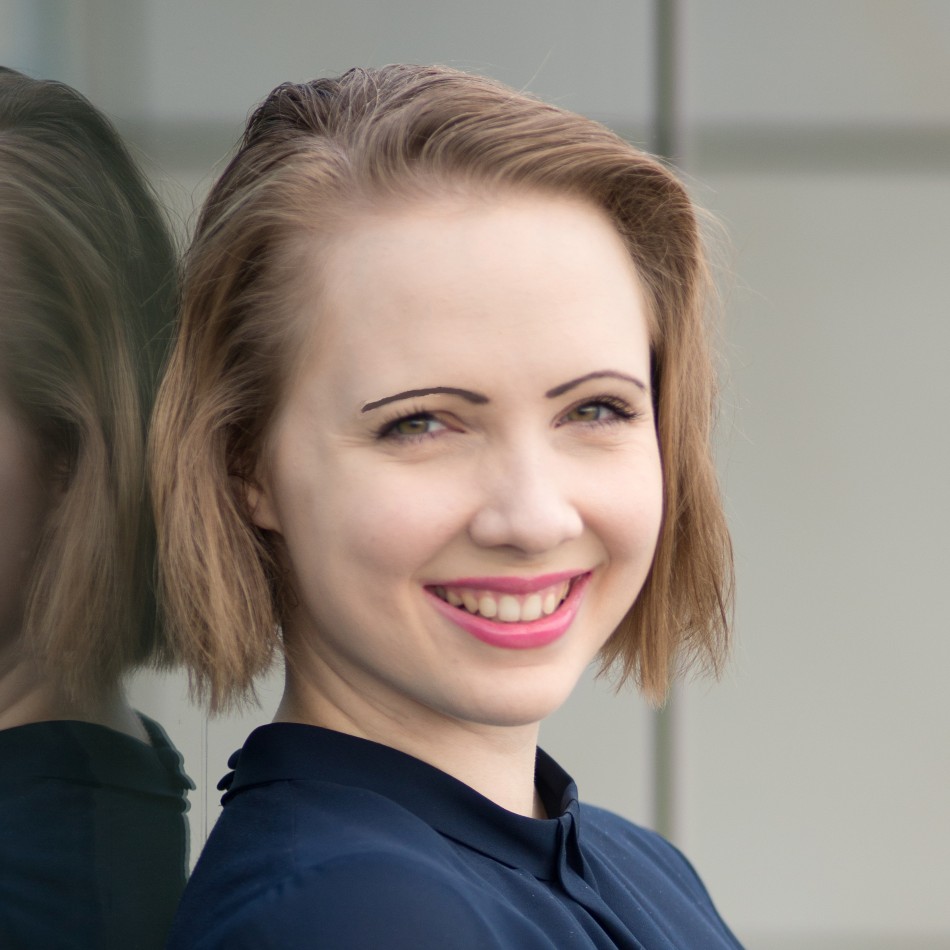 Agata Kleczkowska, PhD – Assistant Professor at the Institute of Law Studies of the Polish Academy of Sciences. Her research interests include, but are not limited to, the threat and use of force, hybrid threats, statehood, recognition and retorsions. In 2018 she continued her research on armed non-state actors with the Fellowship at the Max Planck Institute for Comparative Public Law and International Law. Member of the legal expert pool of the European Centre of Excellence for Countering Hybrid Threats (since 2019) and of the ILA Study Group on the Role of Cities in International Law (since 2020). Rapporteur at the Oxford International Organizations (since 2016).
Agata Kleczkowska, PhD – Assistant Professor at the Institute of Law Studies of the Polish Academy of Sciences. Her research interests include, but are not limited to, the threat and use of force, hybrid threats, statehood, recognition and retorsions. In 2018 she continued her research on armed non-state actors with the Fellowship at the Max Planck Institute for Comparative Public Law and International Law. Member of the legal expert pool of the European Centre of Excellence for Countering Hybrid Threats (since 2019) and of the ILA Study Group on the Role of Cities in International Law (since 2020). Rapporteur at the Oxford International Organizations (since 2016).
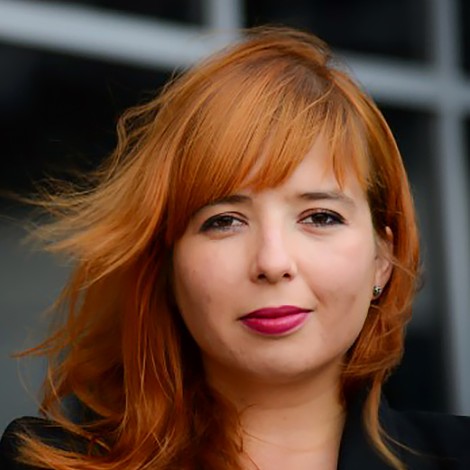
Kaja Kowalczewska Ph.D. – attorney-at-law and lecturer at the universities in Krakow (Poland). Interested in disruptive military technologies and their ethical & legal ramifications. Doctoral dissertation on lethal autonomous weapon systems, ORCID: 0000-0002-9799-9150.
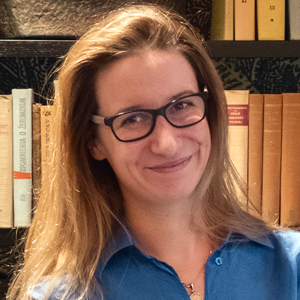
Magda Pacholska is a Marie Sklodowska-Curie Individual Postdoctoral Fellow working on the project entitled “Implementing International Responsibility for AI in Military Practice” within the DILEMA project.
Before joining the Asser Institute, Magda worked for two years as a legal adviser at the Polish General Command of the Armed Forces, where she focused on the legal aspects of interoperability in joint operations.
Magda obtained her Ph.D. from the Hebrew University of Jerusalem (2019), as part of the Human Rights under Pressure interdisciplinary research training group. She has been a visiting scholar at the Free University of Berlin, and the Max Planck Institute Luxembourg for International, European and Regulatory International Law. Magda also holds an LL.M. (2014) in International Criminal Law from the University of Amsterdam (joint program with Columbia Law School).
 Amnon Reichman is a an Associate Professor of law (tenured 2006) at the faculty of law, University of Haifa and a co-Principal Investigator (PI) of the Minerva Center for the Rule of Law Under Extreme Conditions at the University of Haifa. In 2016 Prof. Reichman served as the President of the Israeli Law and Society Association. He specializes in public law (constitutional law and administrative law), and his areas of expertise include models of regulation, neo-institutionalism, separation of powers, theories of judicial review, human rights, and comparative constitutional and administrative law. He is the founder and chair of the Research Forum on the Rule of Law (faculty of law), and heads the graduate program (LL.M.) that specializes in civil and administrative law. He taught and developed the syllabus for the legal segment of the graduate program in Emergency and Disaster Management (Geography Department). Professor Reichman is the recipient of numerous grants and awards, including the Israeli Science Foundation (ISF). He is a member of the European Group of Public Law, and has taught in several leading institutions, including UC Berkeley (Boalt Hall), Yeshiva University (Cardozo School of Law) and the Center for Judicial Studies (University of Reno, Nevada). He holds an LLB (Cum Laude) from the Hebrew University in Jerusalem (1994), an LL.M. from the University of California at Berkeley (Boalt Hall) (1996) and an S.J.D from the University of Toronto (2000). He conducted his post-graduate studies at the Center for Ethics and the Professions at Harvard University (2001). Prior to his graduate studies, professor Reichman clerked for the Hon. Justice Aharaon Barak at the Supreme Court of Israel (1995).
Amnon Reichman is a an Associate Professor of law (tenured 2006) at the faculty of law, University of Haifa and a co-Principal Investigator (PI) of the Minerva Center for the Rule of Law Under Extreme Conditions at the University of Haifa. In 2016 Prof. Reichman served as the President of the Israeli Law and Society Association. He specializes in public law (constitutional law and administrative law), and his areas of expertise include models of regulation, neo-institutionalism, separation of powers, theories of judicial review, human rights, and comparative constitutional and administrative law. He is the founder and chair of the Research Forum on the Rule of Law (faculty of law), and heads the graduate program (LL.M.) that specializes in civil and administrative law. He taught and developed the syllabus for the legal segment of the graduate program in Emergency and Disaster Management (Geography Department). Professor Reichman is the recipient of numerous grants and awards, including the Israeli Science Foundation (ISF). He is a member of the European Group of Public Law, and has taught in several leading institutions, including UC Berkeley (Boalt Hall), Yeshiva University (Cardozo School of Law) and the Center for Judicial Studies (University of Reno, Nevada). He holds an LLB (Cum Laude) from the Hebrew University in Jerusalem (1994), an LL.M. from the University of California at Berkeley (Boalt Hall) (1996) and an S.J.D from the University of Toronto (2000). He conducted his post-graduate studies at the Center for Ethics and the Professions at Harvard University (2001). Prior to his graduate studies, professor Reichman clerked for the Hon. Justice Aharaon Barak at the Supreme Court of Israel (1995).
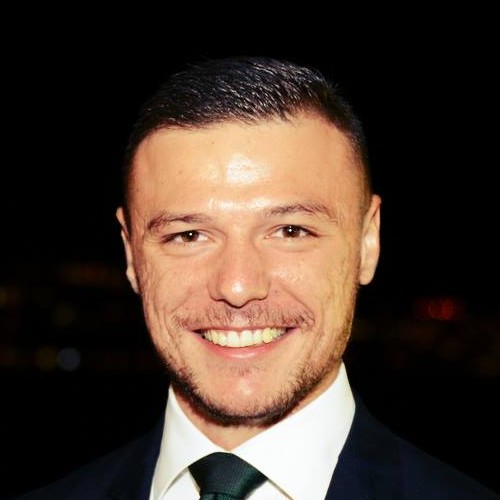 Ivan Ristov received his Bachelor’s degree with honors in 2009 as the best student of the Faculty of Security in Skopje, the Republic of North Macedonia, his MA in criminology in 2013 also at the Faculty of Security in Skopje, and he completed his Ph.D. in international security in 2020 at his alma mater.
Ivan Ristov received his Bachelor’s degree with honors in 2009 as the best student of the Faculty of Security in Skopje, the Republic of North Macedonia, his MA in criminology in 2013 also at the Faculty of Security in Skopje, and he completed his Ph.D. in international security in 2020 at his alma mater.
He successfully completed his Ph.D. thesis – Turkish power projection towards the Balkans and the security implication – case study Republic of North Macedonia on November 23, 2020. During his Ph.D. studies, for 7 months Ivan was Visiting Researcher in the frames of Erasmus+ traineeship at the Department of International Relations, Bilkent University in Ankara, Republic of Turkey.
In 2018, Ivan was part of a training program organized by the USA State Department and the Ministry of Interior of the Republic of Macedonia, and he holds a Certificate in Interdicting Terrorist Activities Training.
In the summer of 2020, he was part of the Warsaw Euro-Atlantic Summer Academy organized by The College of Europe in Warsaw.
As an independent thinker, with a vast network of personal and professional contacts, Ivan manages to win good friends and acquaintances across different groups of intellectuals. He was part of the International Training for Young Leaders organized by the former President of the Republic of North Macedonia in 2015 and is also one of the participants of the 2021 School of Policies of the Presidential center for political education of the current President of the Republic of North Macedonia
Ivan Ristov continuously contributes to positive results in his work through effective organization, prioritization, and follow-through of key organizational projects and cases in his current role as a Criminal Intelligence Inspector at the Ministry of Interior, Republic of North Macedonia.
Starting October 11th 2021 till 27th May 2022, he’ll be taking part of the most prestigious Leadership in International Security Course organized by the Geneva Centre for Security Policy and a Master in Advanced Studies in International Security, co-organized with the University of Geneva. He is married and have one daughter/

Ido Rosenzweig is the Director of Cyber, Belligerencies and Terrorism Research, Minerva Center for the Study of Law under Extreme Conditions. He is an international lawyer with expertise in international humanitarian law (laws of armed conflict) and international human rights law. Prior to his work at the Minerva Center, Ido worked as a researcher at the Israel Democracy Institute (in the Terrorism and Democracy Research Division) (2009-2014).
He has served as the coach for the Interdisciplinary Center’s International Humanitarian Law team (2009 – 2013), directed the “Amicus Curiea” International Human Rights Law Clinic at the Concord Centre in the College of Management (2010 – 2012). He is the co-founder and chairman of ALMA – Association for the Promotion of International Humanitarian Law since 2010. Ido earned his law degrees at Tel Aviv University (LL.B, 2005) (LL.M cum laude, 2010) and Northwestern University (LL.M, with honors, 2010). He served in the International Law Department of the Israeli Ministry of Foreign Affairs (2006 – 2008), is a member of the Israel Bar Association (since 2007) and an experienced computer programmer.
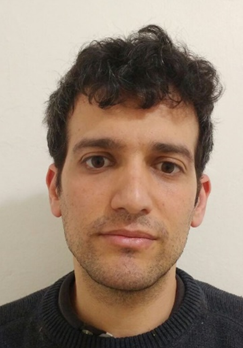 Yahli Shereshevsky is a faculty member at the Law Faculty, University of Haifa. He was a Post-Doctoral Fellow at the Minerva Center for the Rule of Law under Extreme Conditions in 2018-2019. He is an international lawyer and his research focuses mainly on international humanitarian law, international lawmaking, the use of force and international criminal law.
Yahli Shereshevsky is a faculty member at the Law Faculty, University of Haifa. He was a Post-Doctoral Fellow at the Minerva Center for the Rule of Law under Extreme Conditions in 2018-2019. He is an international lawyer and his research focuses mainly on international humanitarian law, international lawmaking, the use of force and international criminal law.
Recently he was a Grotius Research Scholar at the University of Michigan Law School. During his doctoral studies at the Hebrew University of Jerusalem, he was a Hans-Guth Dreyfus Fellow for Conflict Resolution and the Law and was enrolled in the Hoffman Leadership and Responsibility Fellowship Program. He received the Hebrew University President’s Scholarship and was a Kretzmer fellow at the Minerva Center for Human Rights. Yahli holds an LLB in Law and the “Amirim” Interdisciplinary Honors Program for Outstanding Students (2009, summa cum laude) from the Hebrew University. He clerked for the Honorable Deputy Chief Justice Eliezer Rivlin of the Supreme Court of Israel and served as an intern at the International Criminal Tribunal for Rwanda (ICTR). His work has been published or is forthcoming, inter alia, in the Berkley Journal of International Law, the Michigan Journal of International law, the European Journal of International Law and the Vanderbilt Journal of Transnational Law.
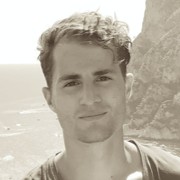 Zénó Suller is a PhD student in Hungary at the Péter Pázmány Catholic University (PPKE) in the Department of Public International Law. His field of research is international criminal law and state responsibility for the most heinous crimes with special regards to the modern forms of terrorism. He has participated in the International Criminal Court Moot Court Competition in the Hague and a Humanitarian Law Moot Court Competition in Ljubljana. He holds lectures and moot court preparation courses at PPKE.
Zénó Suller is a PhD student in Hungary at the Péter Pázmány Catholic University (PPKE) in the Department of Public International Law. His field of research is international criminal law and state responsibility for the most heinous crimes with special regards to the modern forms of terrorism. He has participated in the International Criminal Court Moot Court Competition in the Hague and a Humanitarian Law Moot Court Competition in Ljubljana. He holds lectures and moot court preparation courses at PPKE.
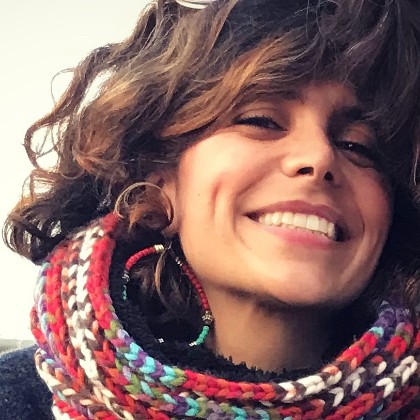 Leyla Tavernaro-Haidarian, Ph.D., is a consultant for various UN agencies. Her areas of expertise include communication, gender, ethics and governance. She serves on the editorial board of the Journal of Deliberative Democracy and is a member of the International Association of Media and Communication Research as well as the South African Academy of Science. For the Austrian Baha’i Community, she manages the social discourse portfolio of its Office of Public Affairs.
Leyla Tavernaro-Haidarian, Ph.D., is a consultant for various UN agencies. Her areas of expertise include communication, gender, ethics and governance. She serves on the editorial board of the Journal of Deliberative Democracy and is a member of the International Association of Media and Communication Research as well as the South African Academy of Science. For the Austrian Baha’i Community, she manages the social discourse portfolio of its Office of Public Affairs.
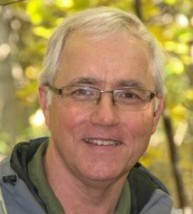
Brigadier-General (Ret’d) Ken Watkin, OMM, CD, QC served 33 years in the Canadian Forces, four years as the Judge Advocate General, the senior military legal advisor and superintendent of the military justice system. Since his retirement in 2010, Ken served as a Foreign Observer to the Israeli Independent Commission investigating the 31 May 2010 Gaza Blockade incident, and from May 2011 until June 2012 as the Charles H. Stockton Professor of International Law at the United States Naval War College. He continues to work as a national security and counterterrorism consultant.
He is the author of Fighting at the Legal Boundaries: Controlling the Use of Force in Contemporary Conflict (Oxford University Press, 2016) and a co-author of The Law in War: A Concise Overview(Routledge, 2018).
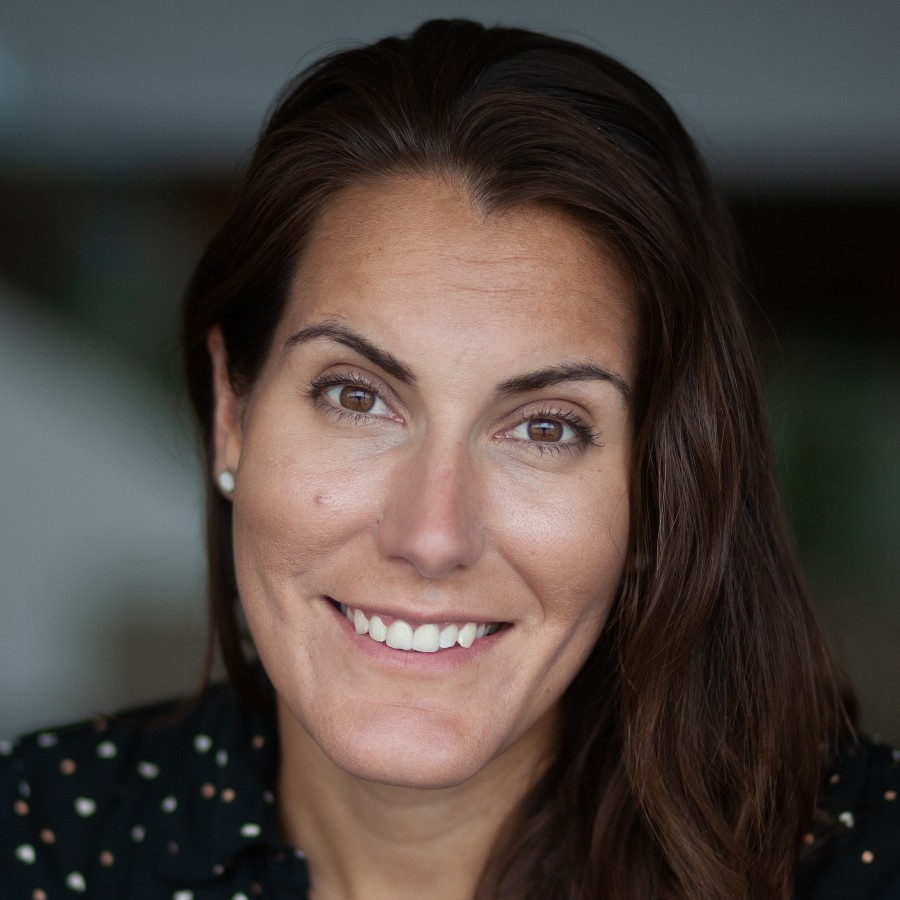
Leah West is an Assistant Professor of International Affairs and Associate Director of the Norman Paterson School of International Affairs at Carleton University.
Leah practices, studies and publishes in the field of national security law. She completed her SJD at the University of Toronto Faculty of Law in 2020; her research explored the application of criminal, constitutional and international law to state conduct in cyberspace. She is also the National Administrator of the Canadian National Rounds of the Phillip C Jessup International Law Moot, and serves as Counsel with Friedman Mansour LLP. Leah previously served as Counsel with the Department of Justice in the National Security Litigation and Advisory Group where she appeared before the Federal Court in designated proceedings and the Security Intelligence Review Committee. Before being called to the Ontario Bar in 2016, Leah clerked for the Honourable Justice Mosley of the Federal Court of Canada. Prior to attending law school, Leah served in the Canadian Armed Forces for ten years as an Armoured Officer; she deployed to Afghanistan in 2010.
For questions and requests please contact Ido Rosenzweig via ido.rose@gmail.com
